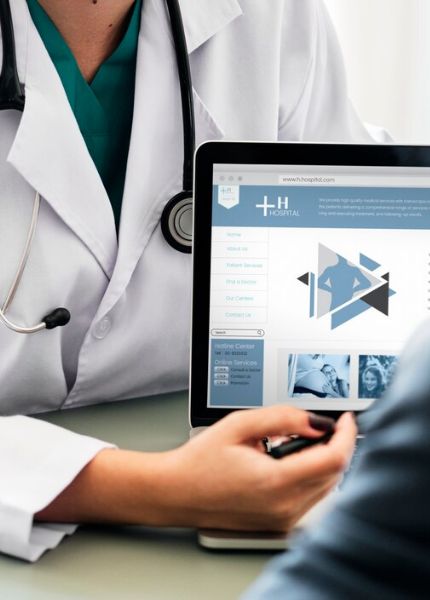Unveiling Deep Brain Stimulation: Risks, Rewards, and Patient Eligibility
Parkinson’s disease is one of the Communist moment disorders. As we all know, Parkinson’s disease is caused by degeneration of cells within substantial Negra leading to paucity of dopamine in the brain. Lack of dopamine results in motor dysfunction in the patients suffering from Parkinson’s disease. Parkinson’s disease is mainly a disease of age. According to one estimate from a research study in Colombia, the prevalence rises from .003% of population between age group of 30- 39 to 1.082% in the age group of 70-79 years.
Patients suffering from Parkinson’s disease before the age of 40 or labelled as young onset, Parkinson’s disease patient and they have a different trajectory of progression as compared to the elderly patients of Parkinson’s disease. Similarly, there is an entity called juvenile Parkinson’s disease which is very rare and it is referred to when the patient gets, his symptoms before the age of 20 years. I the Jaslok hospital and research centre we have operated three such cases. https://www.dnaindia.com/mumbai/report-16-year-old-suffers-from-parkinsons-undergoes-surgery-1987660
With advancing disease, medications have limited effect on improving the quality of life of Parkinson’s disease patient and they also bring in lot of side-effects. This limits the amount of medication a patient can take. Medicines are like a petrol to a car, as they are the replacement of dopamine which is deficient in the brain. One can understand that if we have to run the car one has to put in petrol and similarly one has to give medicines if the brain engine has to function. Unfortunately, one can put endless amount of petrol in the car to keep it running, which is not the same for brain, because, after excess of supplementation of dopamine it just only brings in more and more side-effects. It was because of these reasons that deep brain stimulation surgery was invented. Initially it was used for tremors but later on professor Benabid and his team showed that it can be effectively used to help control the symptoms of Parkinson’s disease patients also.
Deep stimulation surgery got US FDA approval in 2002 for advance Parkinson’s disease and later on in 2013 for early onset Parkinson’s disease. Both this approvals opened up large amount of opportunities for patient suffering from Parkinson’s disease to be benefited by surgery across developed countries. All countries adopted this therapy as a standard of care for managing advance Parkinson’s disease patients. Over last 25 years lot of information has been obtained about appropriate selection criteria, expectations of outcome and understanding of how deep brain stimulation can effectively help to control symptoms of Parkinson’s disease patient.
What are the risks of Surgery
One of the questions frequently asked is about the risk of the surgery. The risk of the surgery varies with the centre to centre and this is self-explanatory. You cannot compare a centre with a high volume and high level of expertise and a focused program in the filled of the bridge stimulation with a novice centre which has got limited experience. Even at our centre, we have learnt that by repeated performance of the same procedure over years and years of meticulous planning and execution, we have been able to reduce the amount of complications to one of the lowest in the world. This was reflected in two seminal papers published from our department one in 2013 and the other one in 2021. The first paper talked about the initial experience of 150 different deep brain stimulation procedures (https://doi.org/10.1159/000323372), where as the second paper talked about the complications that occurred in the 519 patients (https://doi.org/10.1111/ner.13360) that were reviewed at the time of the publication. We had found that after performing 200 surgeries, the amount of complications were significantly reduced.
Is every patient able to get DBS?
According to Michigan State University, even in the developed country like USA, only 7% of the patients of Parkinson’s disease have been able to undergo deep brain stimulation surgery. There was a similar paper from Columbia University where only 2% of the patients of Parkinson’s disease were treated with deep brain stimulation surgery. What these papers underscores is that not every patient is a candidate for the brain stimulation surgery and it is very important for the centre to carefully select a patient and understand their disability in order to give him or her the best outcome. Many of these patients can continue to be managed with proper medications and dose adjustments. However, there is no bravery In avoiding the surgery or procrastinating it if it is genuinely required.
Get In Touch
With us

Mumbai - 400026



Subscribe To NewsLetter
Get healthy news and solution to your problems from our experts!





